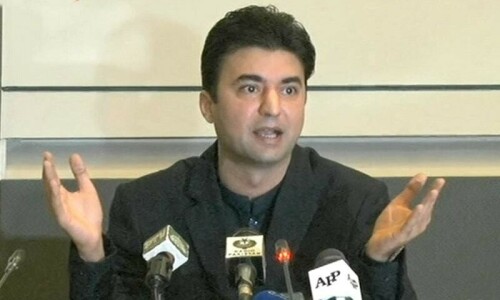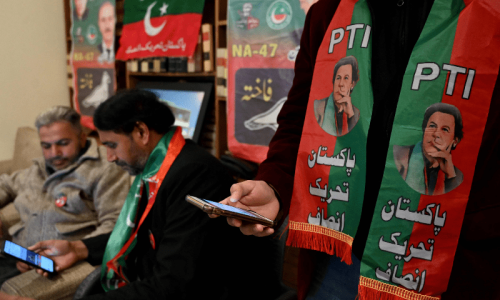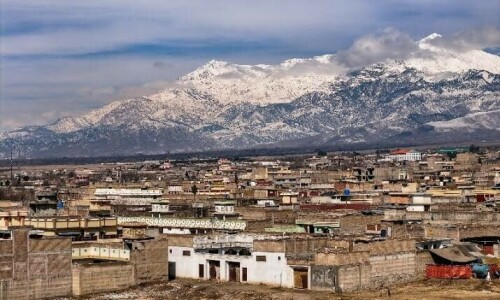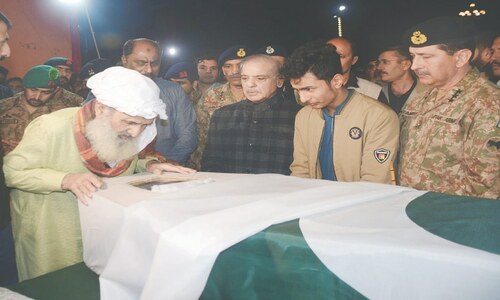DUBAI, Oct 14: The United Arab Emirates will host a forum on political reform in the Arab world this weekend amid questions about whether the annual gathering launched by US President George Bush has made any difference.
“Since its launch in 2004, the Forum for the Future has not produced the anticipated results. The promised big democratic changes did not take place” in the Middle East, said Ali Fakhro, a Bahraini activist and former minister.
The Fifth Forum for the Future will be held in Abu Dhabi on Saturday and Sunday under the co-chairmanship of the UAE and Japan, which holds the rotating presidency of the Group of Eight leading industrial countries.
US Secretary of State Condoleezza Rice was due to be among around 40 G8 and Arab League ministers, including some 25 foreign ministers, attending the gathering.
But Rice’s spokesman said on Tuesday that she dropped plans to visit the UAE to attend the forum and instead will remain in Washington to help tackle the global financial crisis.
Her deputy John Negroponte will instead attend the forum, Sean McCormack told reporters in Washington.
According to organisers, more than 50 countries will be represented at the forum, which will be preceded by a three-day gathering of dozens of Arab civil society organisations in Dubai.
The forum will focus on “the progress accomplished in the realm of political reforms, including the expansion of popular participation” and the empowerment of women in the political, economic and social domains, according to the programme.
It will also discuss “cooperation between governments, civil society and the private sector.” The forum was launched at a time when Washington was professing high aspirations for democratic reform in the Arab world following the 2003 US-led invasion of Iraq, which toppled the regime of Saddam Hussein.
It aimed to promote political, social and economic reforms in the Middle East and North Africa and had the backing of the G8 nations — Britain, Canada, France, Germany, Italy, Japan, Russia and the United States.
Morocco hosted the first edition, followed by Bahrain the year after and Jordan in 2006. The 2007 events took place in both Germany and Yemen.
Civil society representatives, who will meet starting on Wednesday, will put forward recommendations to the ministerial conference.
But persistent doubts that the forum can achieve concrete results have only intensified this year as the Bush administration prepares to exit with little progress made in introducing reform in the Arab world.
“The presence of non-governmental organisations is useless in the absence of a genuine debate with governments,” Fakhro said.
“Democratic change can only come from within Arab states. It is difficult to introduce change from the outside, irrespective of the good intentions of countries” from outside the region seeking to encourage democratisation, said Fakhro, who was invited to the Dubai meeting but said he will not attend for personal reasons.
The Forum, launched at
the height of the US “war on terror,” is seen as having broken little ground as violence goes on in the Arab world, sectarian tensions rise and the decades-old Israeli-Palestinian conflict seems no closer to a solution despite Bush’s promise that the beginning of a settlement would be in place before year’s end.
The continuing intractability of the conflict was highlighted by the negative reactions to a recent proposal by Bahrain to set up a regional bloc grouping Arab states with Israel, Iran and Turkey.—AFP












































Dear visitor, the comments section is undergoing an overhaul and will return soon.